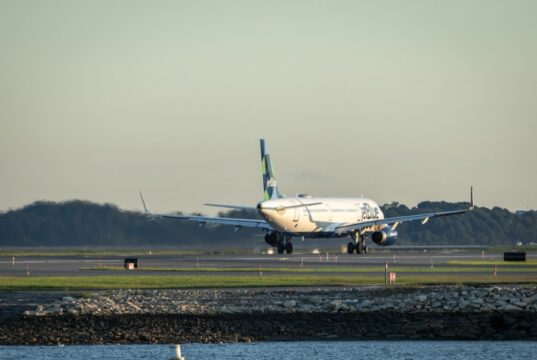
Fuel awareness is critical for pilots of all experience levels. Complying with the regulatory requirements regarding fuel is simply the first step in managing your fuel reserves. It is imperative to understand what we plan for is not always what may take place. Weather deviations, ATC assigned reroutes, medical emergencies can all lead to alterations of the initial plan and may have a significant effect on fuel status.
Throughout the flight, you must pay close attention to fuel consumption, specifically planned versus actual fuel burn. In order for your initial calculations to be accurate, you must adhere to pre-planned power settings and altitudes. Accurate calculations start by knowing your aircraft performance, located in the airplane flight manual, or POH. Always include a safety margin to your computations and establish your own personal minimums.
Fuel gauges can be prone to inaccuracy and malfunctions, hence the importance of keeping track of fuel consumption in order to diagnose any gauge problems promptly. Visually inspect the fuel tanks prior to flight, if your aircraft allows to do so. As you do, ensure the fuel is free of contaminants and that the appropriate fuel grade is being used. Do not assume your fuel quantity and quality to be correct.
If you are calculating fuel-burn estimates with the mixture “leaned,” be sure to do so once airborne. Leaning the mixture can significantly improve fuel economy and provide a longer range of operation. Should the mixture be leaned during all phases of flight? Specific, leaning procedures can be found on the POH of your aircraft. As a general rule, for normally aspirated engines, lean anytime the power setting is 75% or less. Use full throttle for operations below 5000 feet above density altitude. When taking off or landing from a high-altitude airport, understand the effect of density altitude on engine performance. Examples include leaning to maximum RPM, enriching the mixture for decent, and going full rich when in the traffic pattern.
Always remember a tank full of fuel is a tank full of options and time. You do not want to run out of either. Plan for contingencies and never exceed your personal minimums. It is important to utilize all resources available, including ATC, when fuel is a concern. Do not hesitate to declare an emergency when the fuel level is critical. These guidelines will help avoid a fuel starvation event from unfolding in your future and enhance your situational awareness.




























































































































